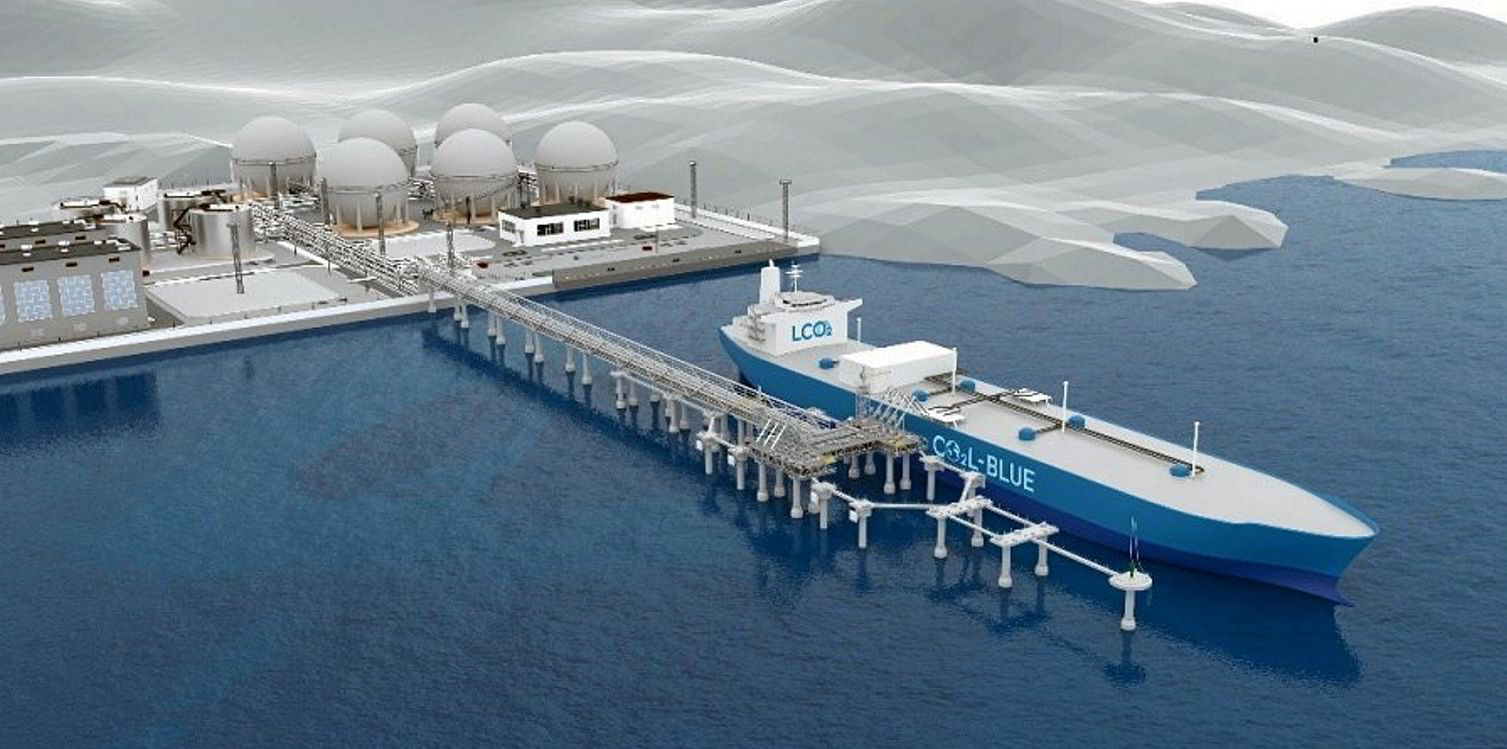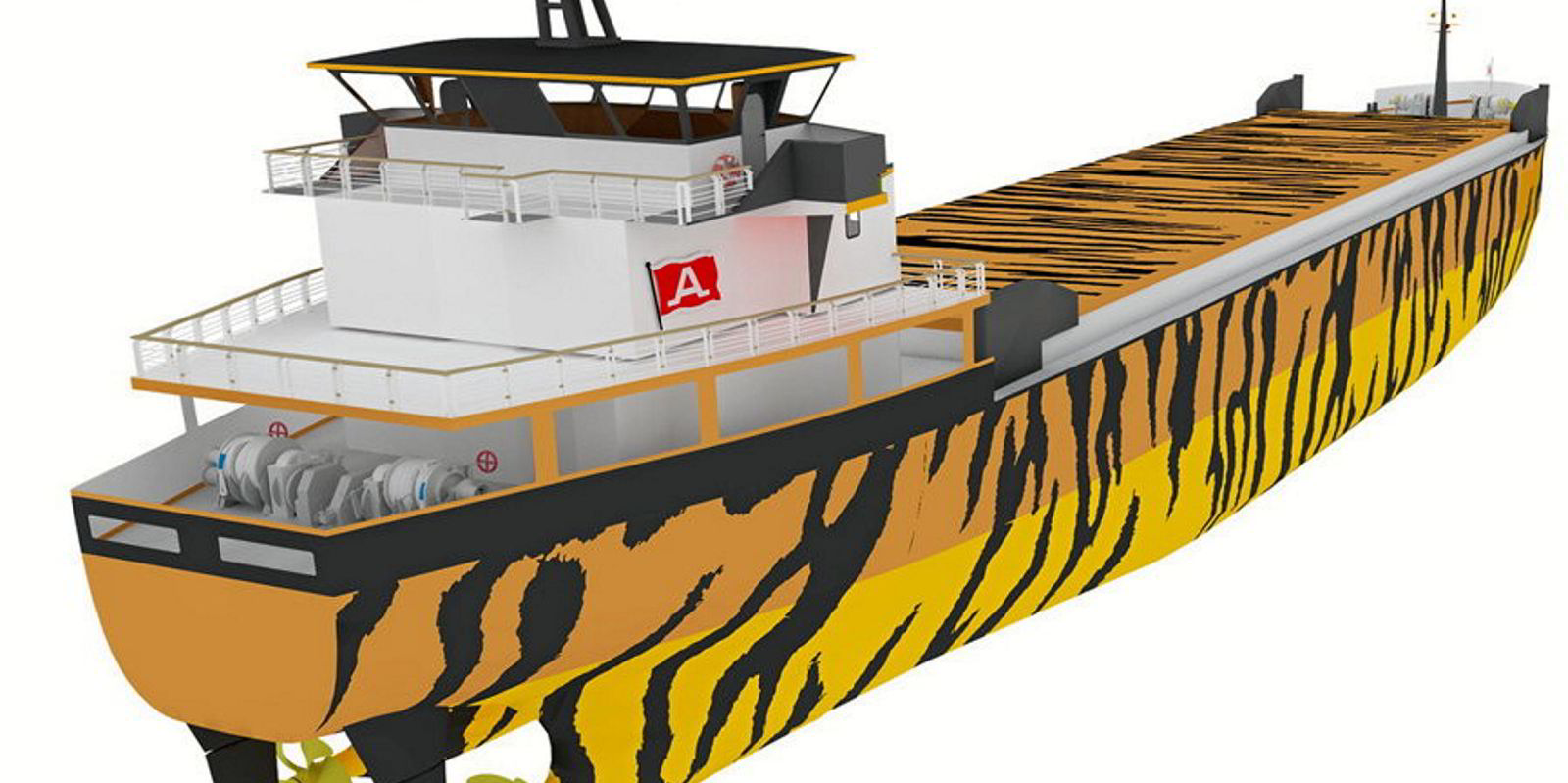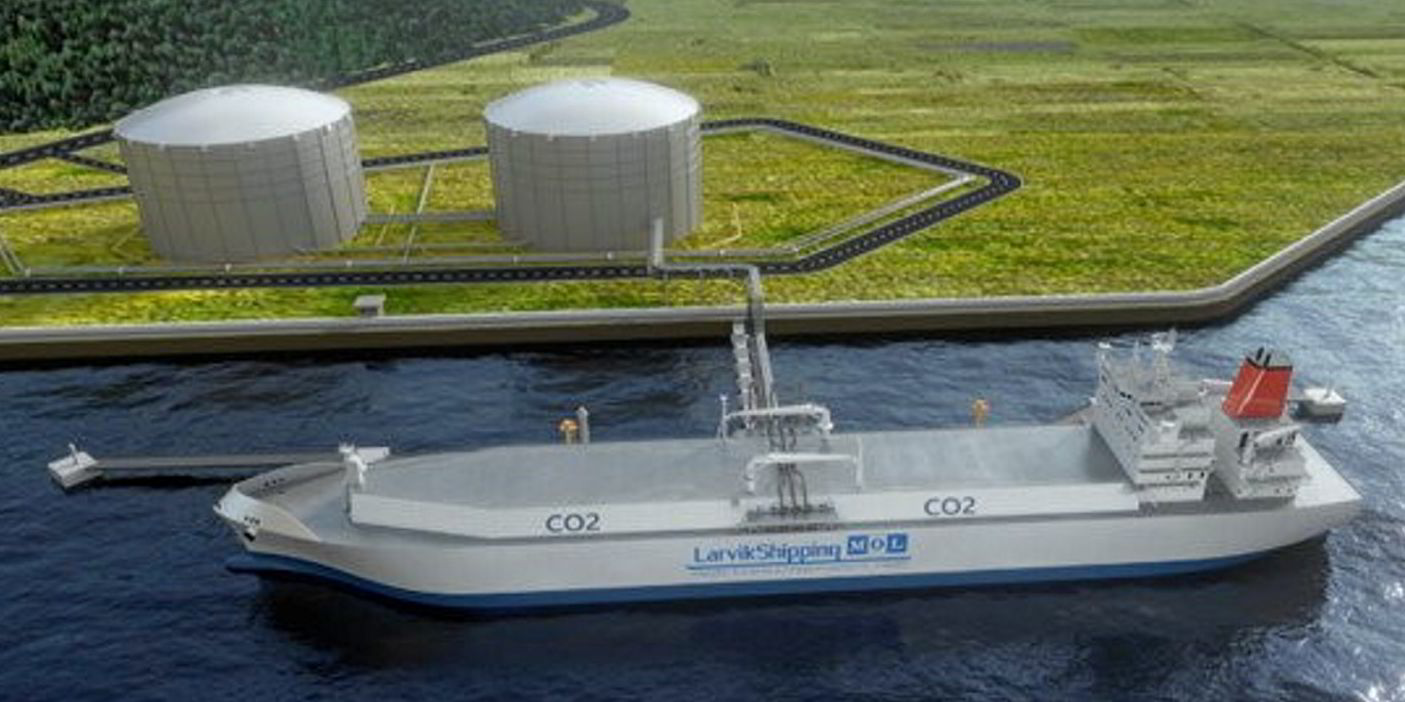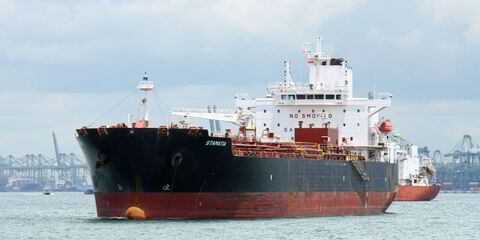Mitsubishi Shipbuilding Co has established a new marine decarbonisation business development group in response to the shipping industry’s transition towards carbon neutrality.
The new organisation will bring together a range of functions, from technology development and market research to the formulation and implementation of business strategies.
The aim is to “utilise the advanced technologies accumulated by the company over its long history of shipbuilding”, to accelerate technological development and new business creation in the marine decarbonisation field, Mitsubishi said.
“Mitsubishi Shipbuilding has built more than 5,000 vessels since its founding in 1884, actively adopting new technologies as a pioneer in the construction of energy carriers, including coal carriers, oil tankers, and liquefied-gas carriers,” the shipbuilder said.
“The recent drive for decarbonisation will require a transition to new energy, and premised on global trade, demand is expected to increase for clean energy carriers for ammonia and other materials, as well as LCO2 carriers to support reverse logistics for fossil fuels.”
Mitsubishi Shipbuilding chief executive Toru Kitamura said the company had received “numerous inquiries” from customers regarding growth sectors such as LCO2 carriers and ammonia fuel vessels and that it needed a “dedicated organisation to coordinate the technological innovation and handle this business”.
“The establishment of the marine decarbonation business development group will accelerate the pioneering of new businesses that utilise and apply the oil and gas technologies possessed by Mitsubishi Shipbuilding, and in combination with conventional shipbuilding technologies, allow us to achieve organisational ambidexterity,” the shipbuilder said.
As part of the energy transition strategy Mitsubishi Shipbuilding said it has set a growth strategy called “Marine Future Stream,” focused on the ship and marine sector.
“In this strategy, the company has set goals for the decarbonisation of the maritime economy through clean energy and the carbon cycle, the effective utilisation of the marine space with digitalisation and electrification, and the generation of new ideas through marine-related innovation,” it added.





